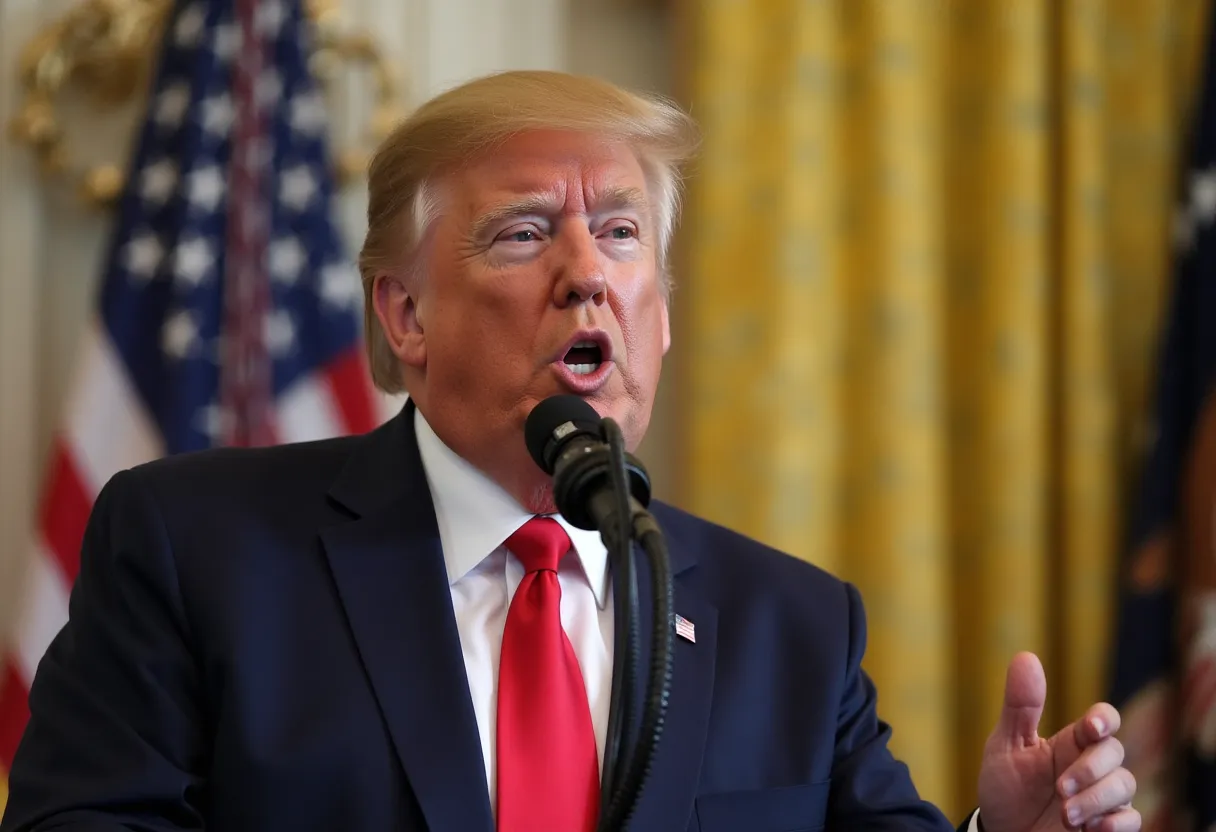Understanding Trump’s Big Beautiful Bill and Its Impact on Bitcoin Tax Exemptions
The recent passage of Trump’s “Big Beautiful Bill” in the Senate has stirred discussions across various sectors, especially in the cryptocurrency community. While the bill promises to bring significant changes to infrastructure and economic recovery, one notable absence is the expected tax exemptions for Bitcoin and other cryptocurrencies. This article delves into the implications of the bill and the missing tax provisions for the crypto market.
What is Trump’s Big Beautiful Bill?
Trump’s Big Beautiful Bill is a comprehensive legislative package aimed at enhancing infrastructure and revitalizing the economy. The bill includes provisions for various sectors, including transportation, healthcare, and education. Its overarching goal is to stimulate growth and create jobs in the wake of economic challenges.
The Significance of Bitcoin Tax Exemptions
Bitcoin and cryptocurrencies have gained immense popularity over the past few years. As more individuals and businesses embrace digital currencies, the conversation around taxation has become increasingly relevant. Tax exemptions for cryptocurrencies could have had several beneficial effects:
Why Were Bitcoin Tax Exemptions Excluded?
The absence of Bitcoin tax exemptions in the bill can be attributed to several factors:
The Reaction from the Cryptocurrency Community
The reaction from the cryptocurrency community has been mixed. Many industry leaders and advocates have expressed disappointment over the lack of tax exemptions, emphasizing the missed opportunity to support innovation and growth in the sector. Some key reactions include:
Implications for Investors and Businesses
For investors and businesses operating in the cryptocurrency space, the exclusion of tax exemptions could have several implications:
Looking Ahead: The Future of Cryptocurrency Regulation
As the cryptocurrency landscape continues to evolve, the dialogue around regulation and taxation is likely to persist. Future legislative efforts may seek to address the concerns raised by the cryptocurrency community, but this will require collaboration between industry leaders and lawmakers.
Conclusion
Trump’s Big Beautiful Bill represents a significant step in addressing infrastructure and economic challenges. However, the absence of Bitcoin tax exemptions has left many in the cryptocurrency community feeling sidelined. As discussions around cryptocurrency regulation continue, it is essential for lawmakers to engage with industry stakeholders to ensure that future legislation reflects the evolving dynamics of the digital economy. The path forward will require collaboration, education, and a willingness to adapt to the changing landscape of finance. The cryptocurrency community remains hopeful that their voices will be heard in future legislative discussions, paving the way for a more supportive regulatory environment.






